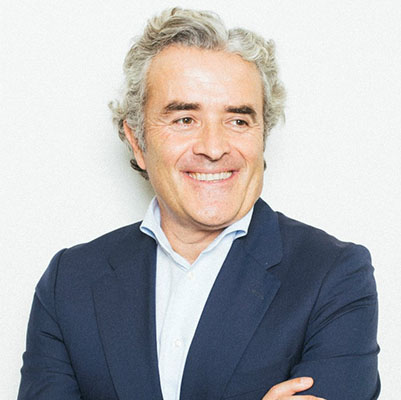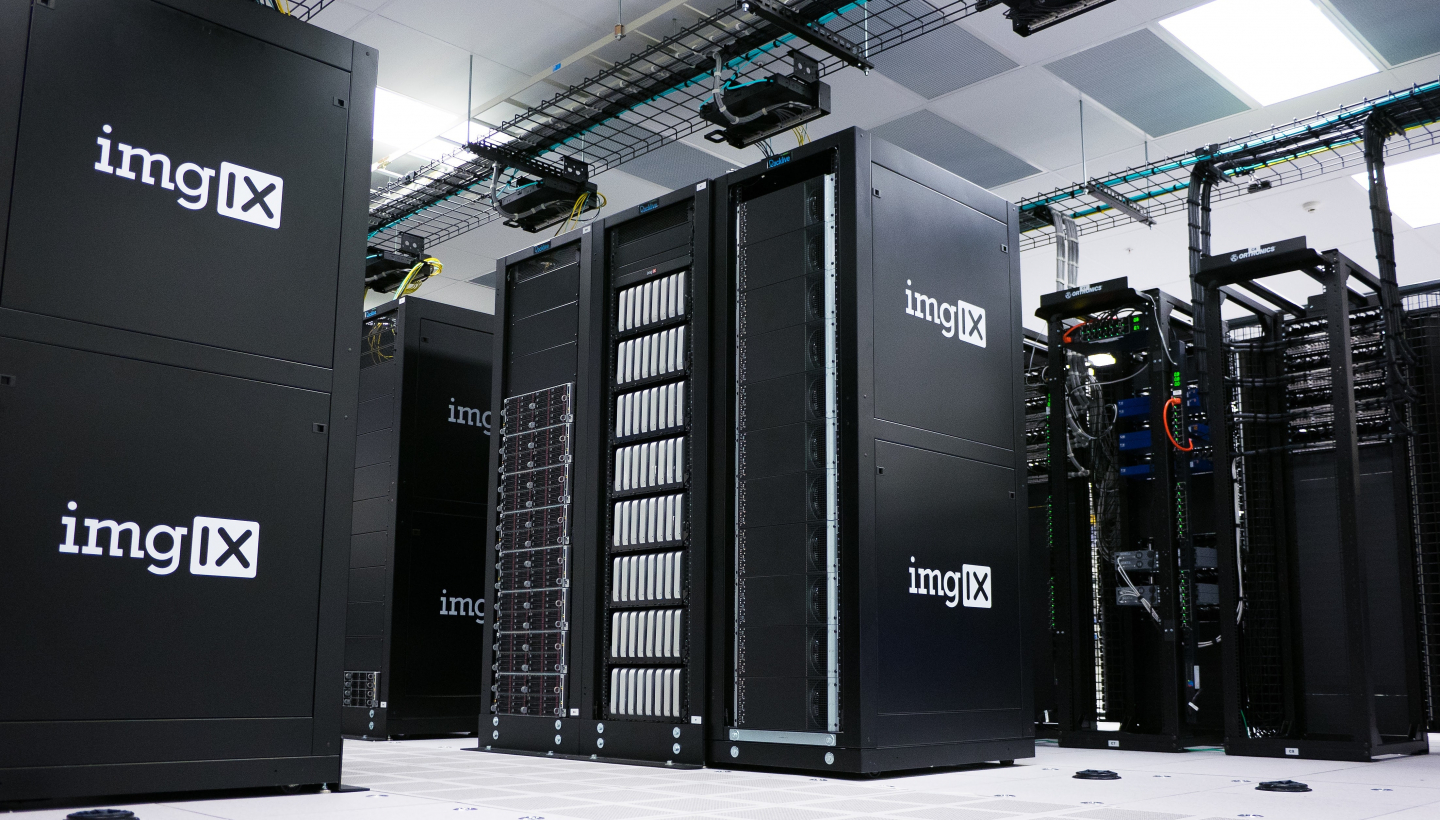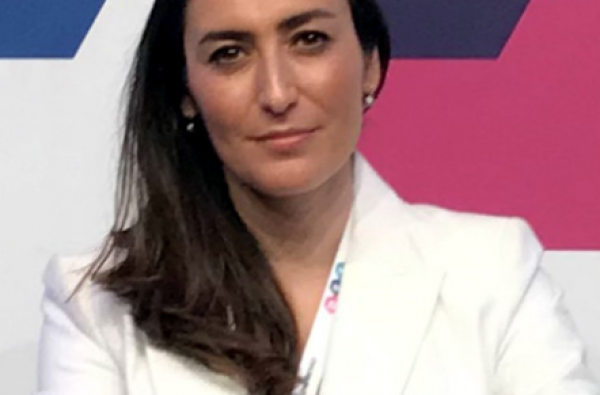For Sanitas CEO, Iñaki Ereño, technological innovations such as 'big data' and artificial intelligence applied to the health sector not only help companies to be more agile, their main focus should be on improving the customer experience.
"Companies in the healthcare world live on the trust they generate, on their reputation", says Sanitas CEO, Iñaki Ereño. He believes that companies such as his, which specialise in insurance and health services, should not forget that, especially now that the sector is undergoing a major transformation due to the technologies that work with patient data.
But beyond the challenge of managing information correctly, data can help us "build prevention models that serve to anticipate diseases," he says. Ereño lives these changes with enthusiasm and says that it is crucial to include the entire healthcare community in this new scenario so that the innovations can fulfil their mission: to generate a positive impact on people's health.
One of the 10 Emerging Technologies that MIT Technology Review has selected in 2018 is massive genetic studies, capable of finding common traits in people's DNA to predict possible diseases. How do you evaluate this new technology?
First, it is important to ask: "Is this of interest to me and my patients?" In this case, it is unquestionable.
Healthcare companies are faced with a phenomenon derived from digital transformation. There will be fewer and fewer people willing to enter into a relationship with you as they did in the past, a relationship that included 20 years of loyalty to an insurance company. So we have to prepare ourselves to find reasons to link with people, genomic sequencing is going to be one of them. In fact, it is already a commodity, because its cost is totally bearable.
What is not yet a commodity is to interpret these data and administer them to help the customer better manage their health. Companies like ours have found a very solid reason in the management of these data to continue building a long-term relationship with patients.
How are you applying this use of big data and artificial intelligence in your organization?
Four years ago we completely redesigned our data area. We created a data lake that became operational at the end of last year. This allows us to operate in different data environments and extract less planned information.
To what extent is it ethical to know a patient's chances of suffering from a more or less serious disease?
In this industry, the deontology in our relationship with the patient is the one that rules everything. An organization like this lives by its reputation. We cannot afford to misuse patient data. You have to come to an agreement with the patient and commit to actions that are governed by explicit rules known to both parties for a number of years.
It is true that genomic sequencing gives very interesting data, but epigenomic data are more relevant. These refer to changes in the way genes are activated or deactivated by factors such as age, the environment and lifestyles, such as diet, exercise or medication, for example. The idea is to preserve that information in order to build appropriate health plans.
As a result of the use of this large amount of genetic data, have you detected opportunities related to the development of disease prevention businesses?
The important thing is what is behind all this data. A few years ago we created the Health Promotion Service, a platform made up of 40 medical professionals, mainly from the area of nursing. They attend patients by telephone, through the website and now also through apps. They adjust to a series of preventive health programs. There are some for chronic pathologies, such as diabetes or hypertension. Lifestyle plans, such as fitness or nutrition, are also offered. On that common basis, last year we carried out 100,000 programmes tailored to patients' circumstances.
If the data can predict that a person will suffer from a disease, could special health packages be designed for that person and offer, for example, a discount?
The thought we have is that, if we foresee that a person is going to have a disease within a few years, we are going to try to build with that person a health program and a lifestyle program so that their disease does not occur.
Are you already taking these data to real life? Have you improved any service thanks to these analyses?
We have complete data in our own network of hospitals and medical centres. These data are allowing us to make certain decisions. For example, we are dimensioning the emergency rooms according to the data we have on what is happening in our centres.

Have you detected whether this sensitivity to data is also reaching the corporate world so that companies can get to know their employees better and take an interest in their health, for example, to avoid absenteeism or to encourage them to be happier?
In some countries it is happening. In Spain there is less, as there is still much discussion about the cost of such actions. When we explain to companies that we have designed 100,000 personalised programmes based on 30 basic concepts, we don't find much acceptance.
But I am convinced that, little by little, interest will grow, because it gives new opportunities to companies. Until now, there was only the possibility of giving employees private insurance coverage or not. Now you can also offer the staff those 30 programs so that each one is aimed at the one that interests them the most.
This makes sense, among other things, because 56% of Spaniards have a chronic pathology. If you are diabetic, you can sign up for the diabetes programme. If you are an older person, you can sign up for the specialized program in this audience. They are small health pills that are very easy to manage. In the end it is a new way of improving the wellbeing of employees.
To market these products, is offering a better service what sets you apart from the competition?
Yes, a year and a half ago we started with the massive launch of our digital capabilities around the Blua brand. We are the only company that allows you to have a consultation with your doctor through your mobile phone. This is helping us a lot in sales. It can also happen that someone doesn't buy the Blua product, but appreciates being in a company that offers that kind of thing.
What do you think is the best attraction to distinguish yourself from the new players that are entering all sectors, including the health sector?
Patients value two things: medical credentials and reputation. There are multi-branch companies that have wanted to enter healthcare and have done badly. Being a health specialist is highly valued.
On the other hand, reputation has to do with two things: medical credentials and how the brand is treated. In our case, we are a complex company because we have dental clinics, nursing homes, hospitals, sports sponsorships, and so on. The brand is in many places. Working and taking care of the brand is fundamental.
How do you experience this transformation of the sector? What new capabilities do CEOs need to address these changes?
My life is much more fun now. You have to have the ability to excite people, something that has to do with your communication skills and your own credibility. You need to set an example. It is also crucial to create a destination to go to and facilitate the path to get there. Don't forget the element of inclusion. You have to be able to put everyone in the same bag. It is essential to establish a plan and make sure that everyone gets on.
How have these changes been embraced by very specialized profiles, such as doctors and scientists?
In every community there is always a group of pioneers. In the case of the Blua project, we have 250 pioneering doctors. In Sanitas we have what we technically call "own provision". We have two million clients, who perform 20 million medical acts a year. We have doctors on staff, who work in our hospitals and clinics. This allows us to get to a hospital, bring our doctors together and tell them about our plans. Some are added by illusion and others by discipline. This allows us to learn a lot. Now we are in a phase of leaving the environment of the Sanitas centres and going to other hospitals and telling them our plan so that they can get in the car.
How do you find these pioneers?
Here the economic issue has to be talked about clearly from the beginning. We work with 40,000 doctors in Spain. It is a mistake to implement initiatives only to lower the cost of the consultation. You have to make a real commitment to the doctors and assure them that these initiatives will allow them to take better care of the patients.
We give them the chance to have a consultation via mobile phone. Some decide to be on call on their mobile because they want to do so. It's up to you. We ask you to join us because it is a new communication channel and we want to offer it to patients. All innovations are aimed at improving the patient experience.
As CEO of a healthcare company, what do you think is the most important performance indicator (KPI)?
Our philosophy in this transformation is to improve the user experience to maintain our differentiation and enter other shores where we were not before. We have set out to achieve three KPIs by 2020. The first is that 25% of queries are in digital form. Right now we are at 4%, there is still a lot to do. The second KPI is that 50% of Sanitas customers communicate with us in a fully digital way. Today we are close to 30%. The last KPI is to reach 75% of NPS [Net Promoter Score, which measures customer recommendation index]. Today we are at more than 50%.
Do you think these metrics are going to have an impact on people's health?
Everything feeds back. If I make 25% of consultations through digital support, it means that I am much more accessible to my patients. Therefore, I can give them better health. The fact that 50% of patients are digitalized means that people are comfortable in this new environment. For its part, 75% of NPS is a little more complex. In our case, we measure it by microments and 75% is the average of all those moments. Micromoments can be looking for a doctor, closing an appointment, how the appointment went, what data the patients had during the appointment, how they are after the consultation, and so on. It is not an NPS that asks if they would recommend us to other people, it asks if we have done well in each of those micromoments. So yes, we're working so that all of this has an impact.
By Alba Casilda



